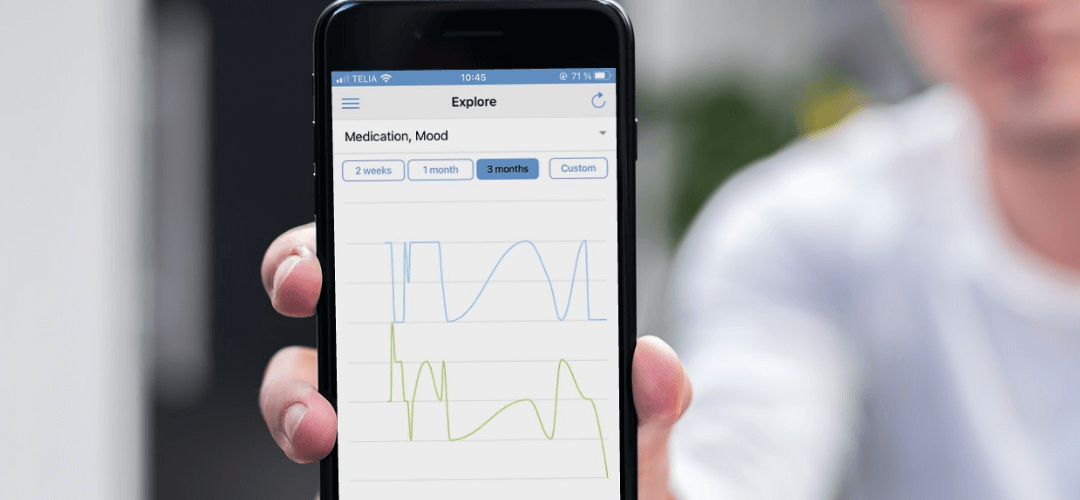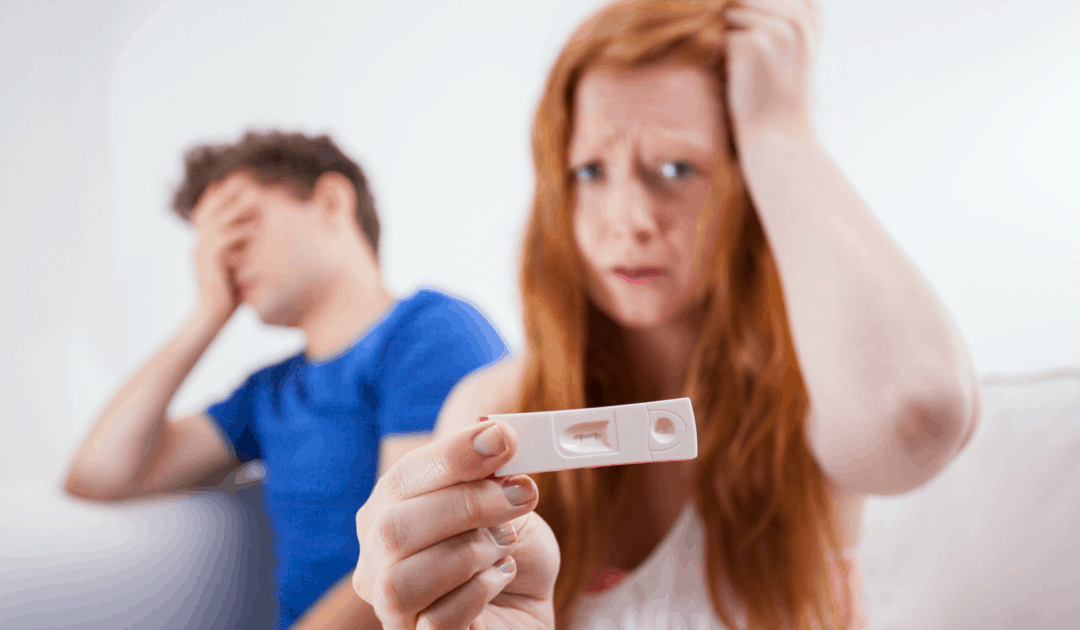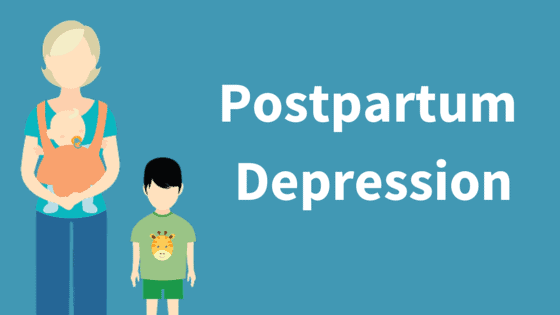
Monsenso signs two contracts with the Psychiatric Research Unit, Region West Zealand.
Monsenso signs two contracts with Research Unit for Psychotherapy and Psychopathology, Psychiatry West, Slagelse, Region Zealand Mental Health Services, who will use Monsenso’s digital health solution to remotely monitor patients with depression and schizotypal mental illness, respectively.
The first project, Development of an Intervention for Persistent Not on Track: DIP NOT, led by Jasmin Rejaye Gryesten, aims to identify non-responders to depression treatment, with the ultimate goal of increasing the number of remitted patients after CBT in the Danish MHS by developing a set of new person-centered add-on interventions to group CBT, to be used in case of observed lack of progress or deterioration.
The second project Phenomenologically informed PsychoTherapy for patients with Schizotypal Personality Disorder (PPT -SPD), is led by Kåre Donskov Nielsen and aims to develop and test new forms of phenomenological therapy that can help people with schizotypal mental illness.
About Monsenso
Monsenso is an innovative technology company offering a digital health solution used for decentralised trials, remote patient monitoring and treatment support. Our mission is to contribute to improved health for more people at lower costs by supporting treatment digitally and leveraging patient-reported outcomes data. Our solution helps optimise the treatment and gives a detailed overview of an individual’s health through the collection of outcome, adherence, and behavioural data. It connects individuals, carers, and health care providers to enable personalised treatment, remote care, and early intervention. We collaborate with health and social care, pharmaceuticals, and leading researcher worldwide in our endeavours to deliver solutions that fit into the life of patients and health care professionals. To learn more visit www.monsenso.com.
For additional information contact:
Bettina van Wylich-Muxoll
Chief Marketing Officer
marketing@monsenso.com
Monsenso



